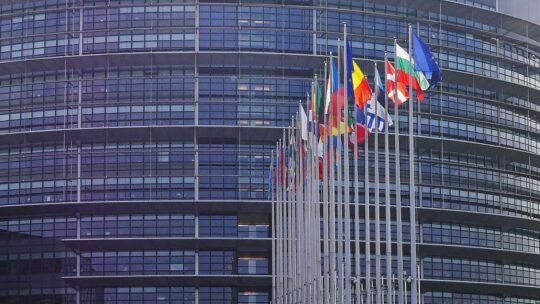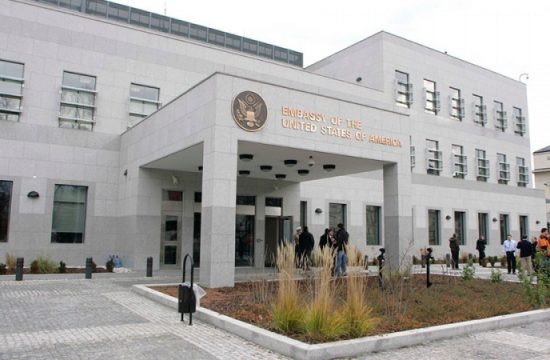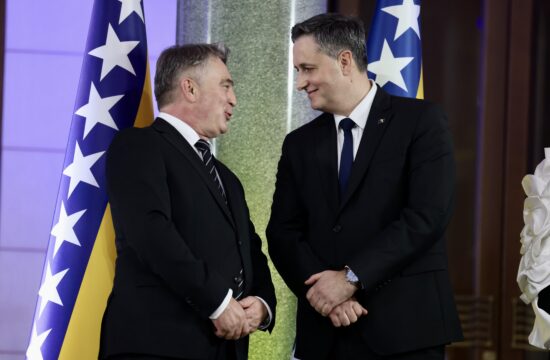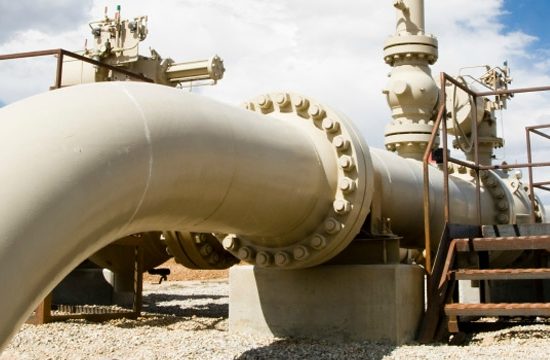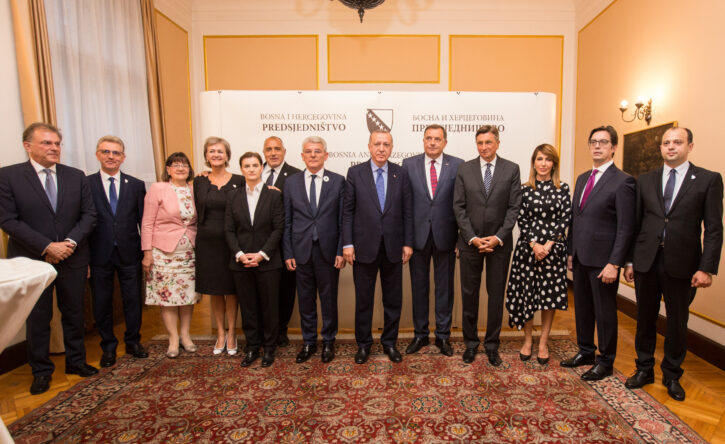
Slowing down the integration of Western Balkan countries into the EU structures is a concerning aspect that could destabilise Europe's southeast and the entire continent and so a new impetus is necessary to revive the integration process and ensure its continuation, representatives of SEECP countries said on Tuesday at the SEECP Summit.
Croatian State-Secretary in the Foreign and European Affairs Ministry, Zdravka Busic, who headed the Croatian delegation to the Summit in Sarajevo said that Croatia will remain committed to the process of cooperation with Southeast Europe and will be a reliable partner to countries in the region.
“The stability and integration of SEE are in Croatia's interest,” Busic said at the SEECP Summit, a regional initiative that comprises thirteen countries aimed at strengthening regional stability and cooperation.
Busic said that Croatia advocates EU membership prospects for all countries in the region and considers their transition to be essential for their stability and security.
She said that the process of progressing toward EU membership has to continue for those countries which also refers to opening and finalising accession negotiations for all aspirants.
Busic underscored that Croatia strongly supports Bosnia and Herzegovina's European prospects even though it still does not have candidate status and that Croatia sees Turkey as a “very essential partner” in SEE.
“The enlargement process remains to be one of our priorities and we will not hesitate in strengthening it,” Busic said announcing that that will be seen during Croatia's chairmanship of the European Union in the first half of 2020.
Montenegro's President Milo Djukanovic said that he is worried about the standstill in the process of integrating the Balkans and also with the “discouraging messages from important European addresses.”
“I believe that we will soon have to ask what the reality of enlargement is,” Djukanovic said, adding that membership prospects are still open but there is no guarantee.
North Macedonia President Stevo Pendarovski's opinion was similar to Djukanovic's.
“The time has come for courageous decisions for our region,” Pendarovski said.
Albania's President Ilir Meta said that European integration will continue to be his country's priority, adding that he expects accession negotiations for his country to be opened in the autumn. Meta was representing Kosovo too and expressed regret that Kosovo was not invited to attend the Summit.
Serbia's Prime Minister Ana Brnabic reacted and accused Meta of provocation because he insists on Kosovo being recognised as an independent country.
Brnabic claimed that Serbia is not opposed to cooperation with “interim institutions in Pristina” but without preempting Kosovo's status.
She added that Belgrade hopes that North Macedonia and Albania will open accession negotiations as soon as possible because Serbia strongly supports European integration as the most significant peace process.
Bulgaria's President Boyko Borisov said that as a member of the EU, his country would resolutely advocate the integration of other countries in the region into the EU and called on them to invest additional efforts to resolve bilateral problems.

